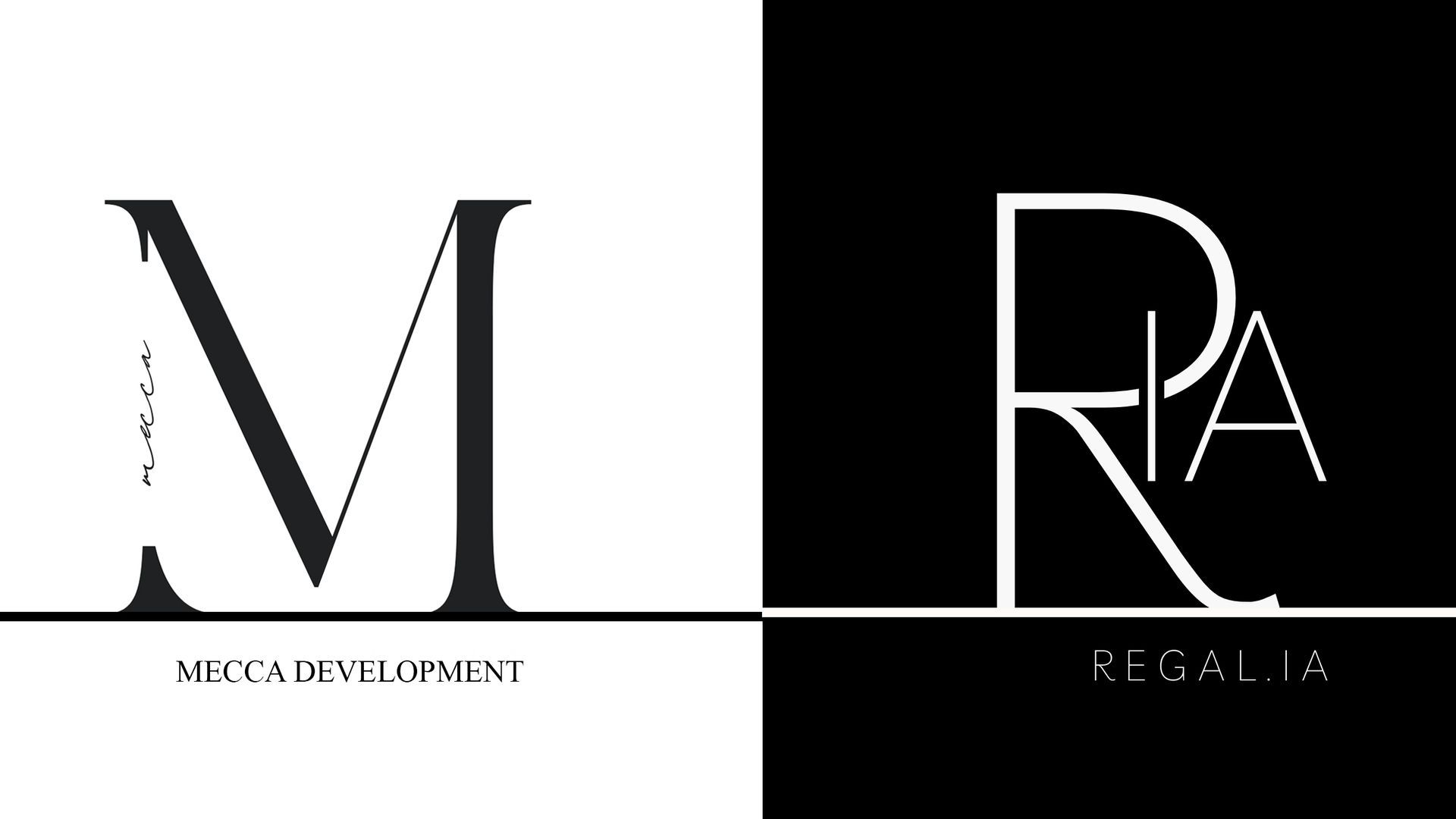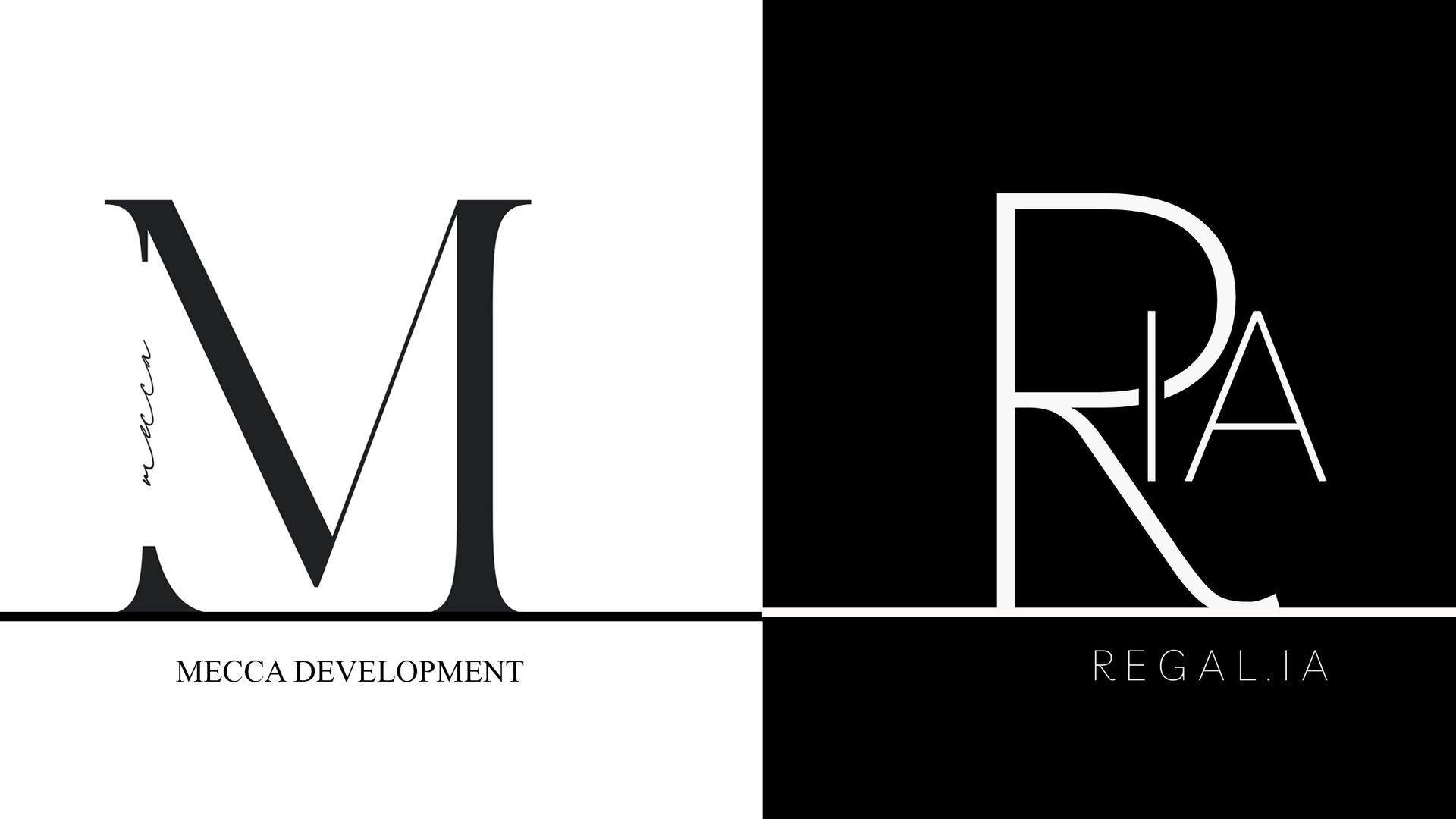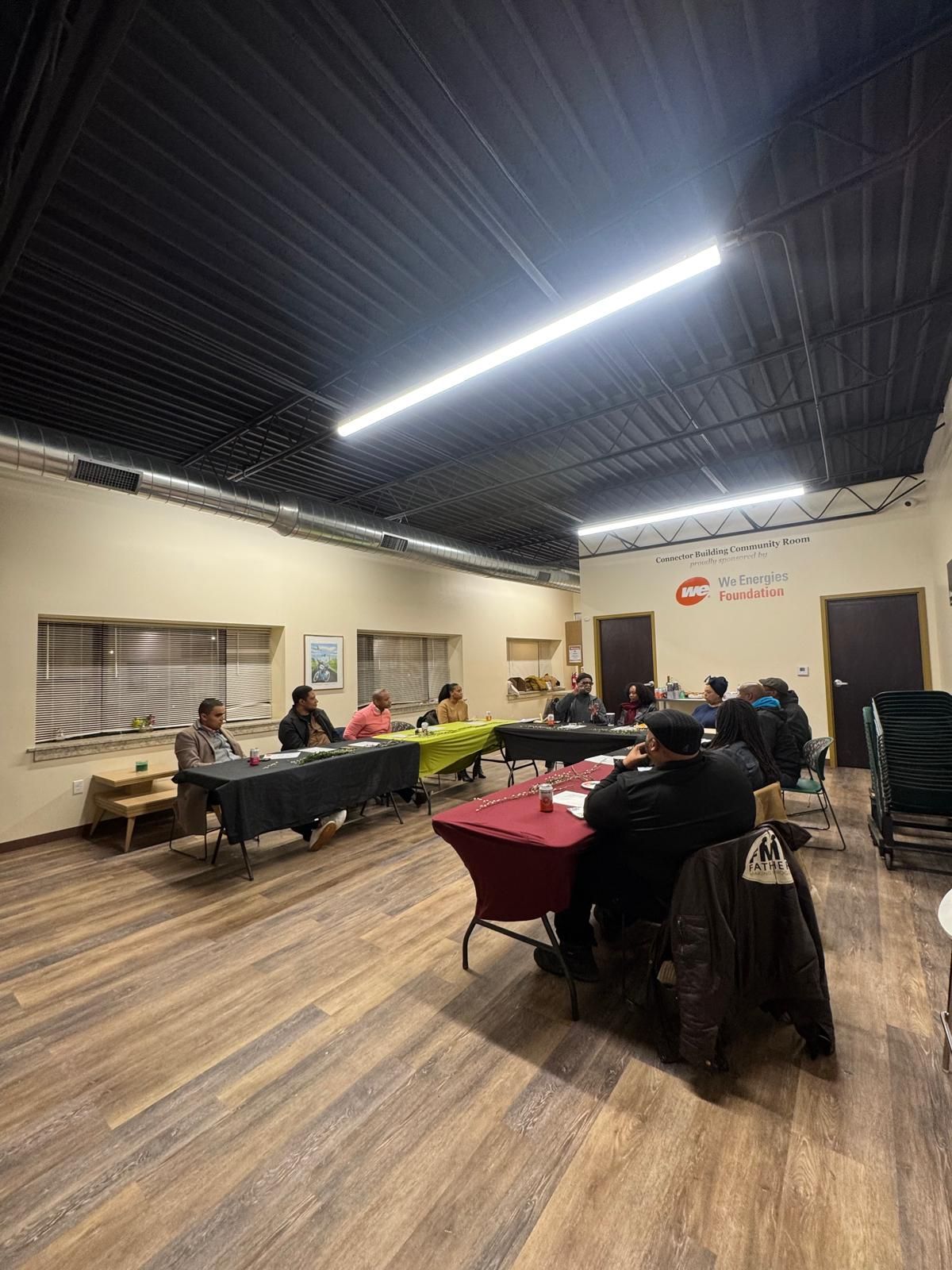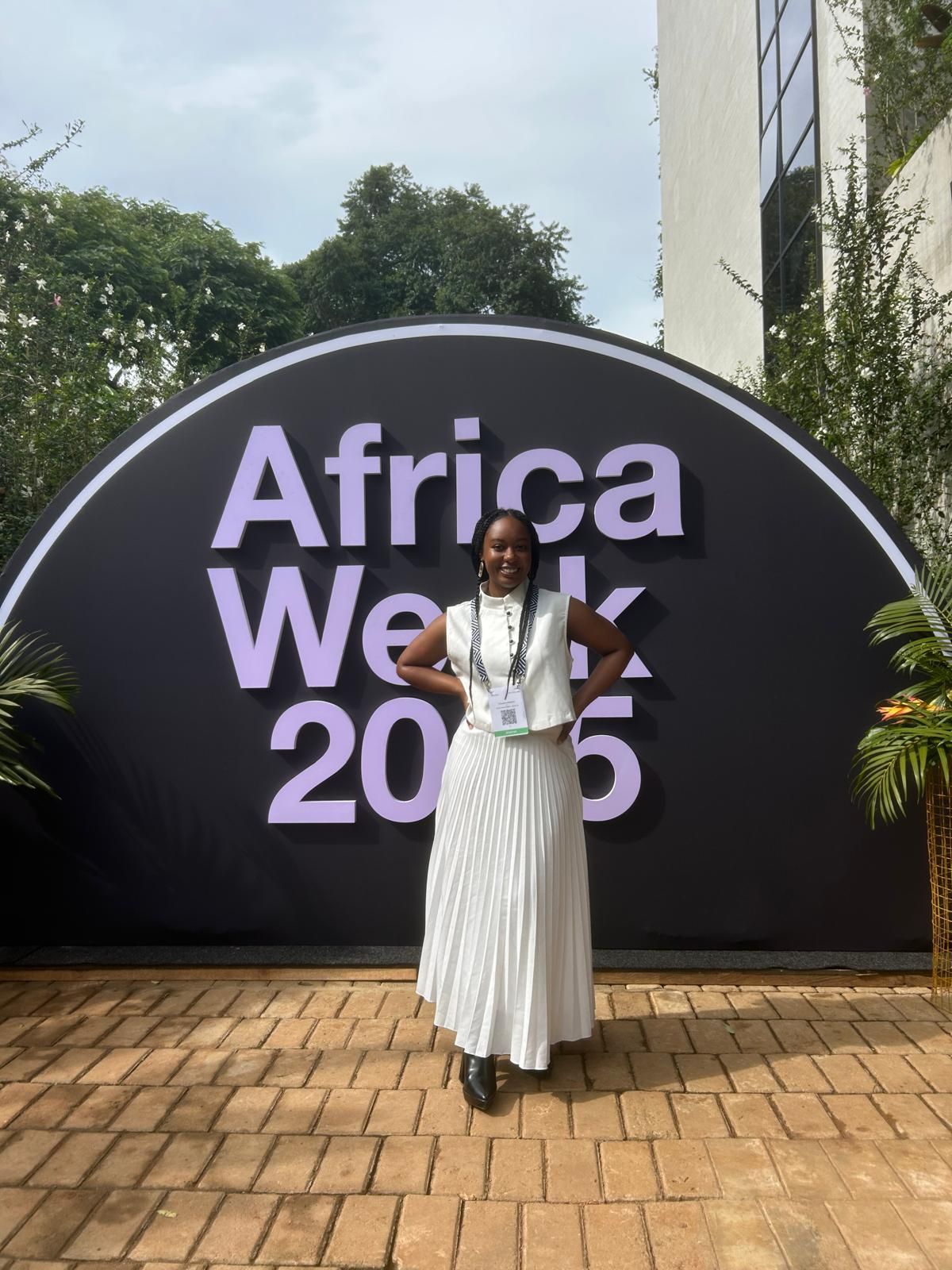Smart Land, Smart People: How Data and Design Are Powering Rwanda’s Next Growth Wave
Critical Conversations: Regal.ia x Imali Series
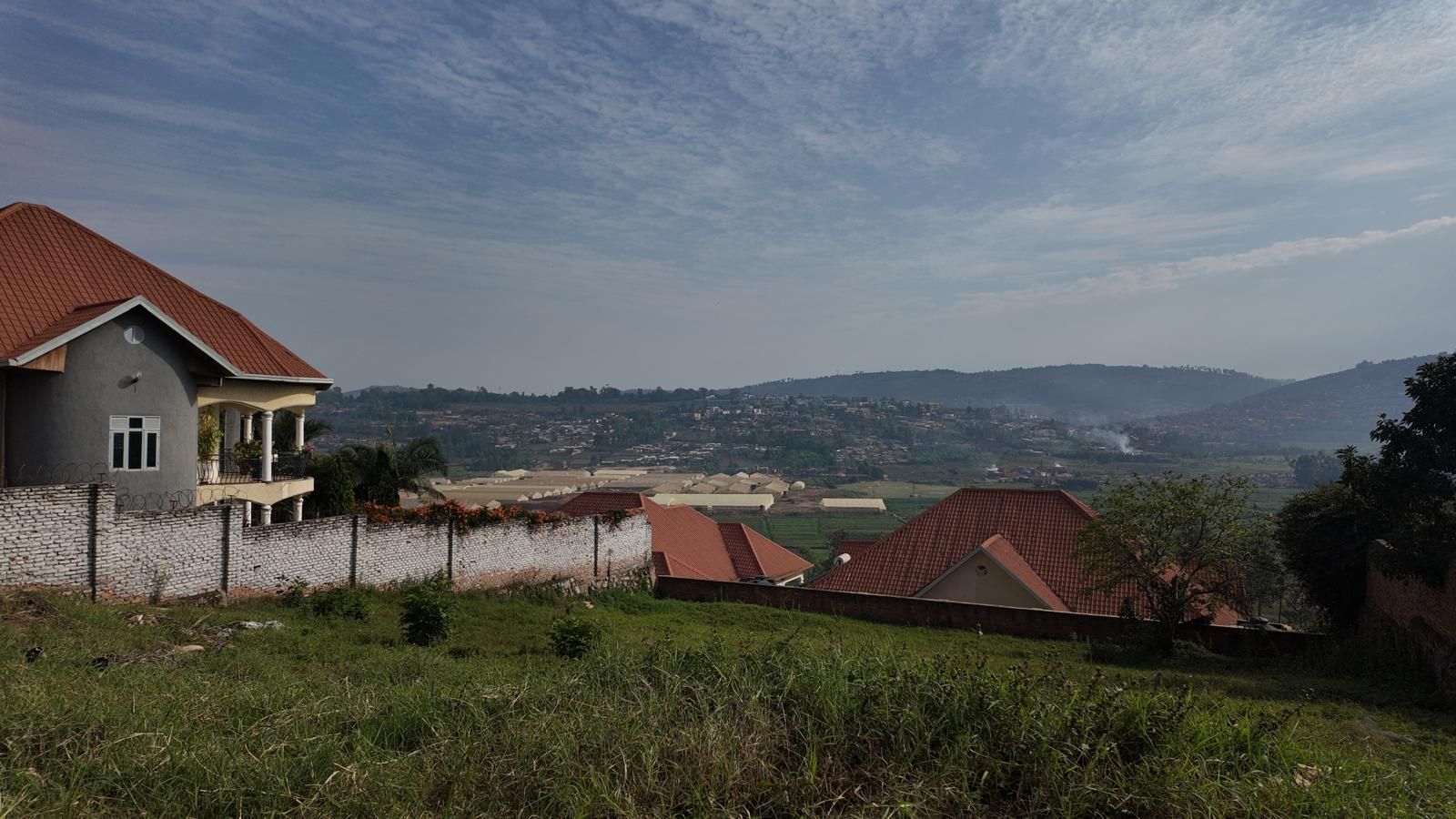
Rwanda’s Digital Edge
Rwanda has a rhythm that feels both ancient and futuristic — terraced hillsides alongside fiber networks, construction cranes rising where coffee once grew. Beneath this quiet progress is one of Africa’s most quietly revolutionary systems: the Unique Parcel Identifier (UPI).
Every plot of land in the country is mapped and digitized, complete with ownership, zoning, and valuation data. For most investors, that level of transparency is a dream. For Regal.ia, it’s the foundation of a new model for development — one that sees data not just as record-keeping, but as the soil from which equitable growth can emerge.
“Rwanda is already digital,” said Ramba Methode, founder of Imali. “What we need now is to make that data work — to match people, land, and opportunity.”
Turning Data into Opportunity
When Regal.ia entered Rwanda, our question wasn’t whether there was enough land to build — it was whether the systems existed to coordinate what already exists.
Through our pilot with Imali, we began integrating Regal.ia’s geospatial intelligence tools with Rwanda’s UPI framework. Each land record became a living node — enriched with climate data, infrastructure access, and even social context. By adding these intelligence layers, we could visualize development feasibility in real time: What’s the risk of flooding? How close is the nearest materials supplier? What would it cost to source local bricks instead of importing cement? Each question revealed the same truth — data is the new infrastructure.
“We have everything,” Ramba told me. “But we must organize it to create value.”
In other words, Rwanda doesn’t have a scarcity problem; it has a connectivity problem. And solving that is the first step toward scaling equitable housing and investment models across the continent.
A Young Population, A New Kind of Market
Rwanda has one of the youngest populations in the world — and one of the most digitally literate. This generation is ready to build, code, and create. Yet, as Ramba noted, many still struggle to find consistent work because the market itself is fragmented.
That’s where the “Airbnb for Real Estate” model we’re testing comes in. It connects the ecosystem from the ground up:
- Landowners list their plots.
- Regal.ia’s AI system runs automated feasibility studies.
- Investors — from individuals to institutions — can participate through fractional ownership or smart contracts.
- Developers and local suppliers can both invest and earn through verified contributions.
This democratizes real estate development — shifting it from a closed network of financiers to an inclusive platform economy that values local expertise, materials, and innovation.
“We’re building a system where everyone can see the same data and trust it,” Ramba explained. “That’s how we accelerate growth.”
Investing in Circular Economies
What makes this approach powerful is that it aligns with a broader circular economy — not just of materials, but of people and capital.
Regal.ia’s model turns untapped assets — like idle land, local supply chains, and small-scale labor — into value streams. Through smart contracts, payments flow directly to verified contributors, reducing delays and leakage. Investors can monitor progress through transparent dashboards, while communities benefit from sustained local engagement.
Ramba describes it as turning weaknesses into strengths:
“Our pain is the cost of capital. But our advantage is people — young, skilled, and ready. If we match their capacity with technology, we can change everything.”
In a country where financing costs can exceed 20%, the ability to tokenize or fractionalize investment is not just innovation — it’s necessity. It allows multiple stakeholders to own a piece of a project’s future, rather than wait for traditional funding to trickle down.
Toward an Intelligent Real Estate Ecosystem
The vision is clear: a smart, transparent, and adaptive real estate system that mirrors Rwanda’s digital ambitions. But beyond technology, it’s about designing trust into every transaction — so that a landowner, investor, and builder in different corners of the world can collaborate as easily as neighbors. That’s the kind of infrastructure Africa’s next growth wave needs — one that turns data into collaboration, and collaboration into shared value.
The Regal.ia x Imali pilot in Rwanda is just the beginning. As we refine the matchmaking algorithms, integrate APIs, and explore partnerships with local banks and agencies, we’re laying the groundwork for a model that could scale regionally — or globally.
“From your phone,” Ramba said with a grin, “you could one day buy a home that doesn’t exist yet — and watch it come to life, block by block.”
That vision — a living, digital ecosystem for real estate — is what we’re building together. Because smart cities don’t start with buildings. They start with smart land — and smart people.
